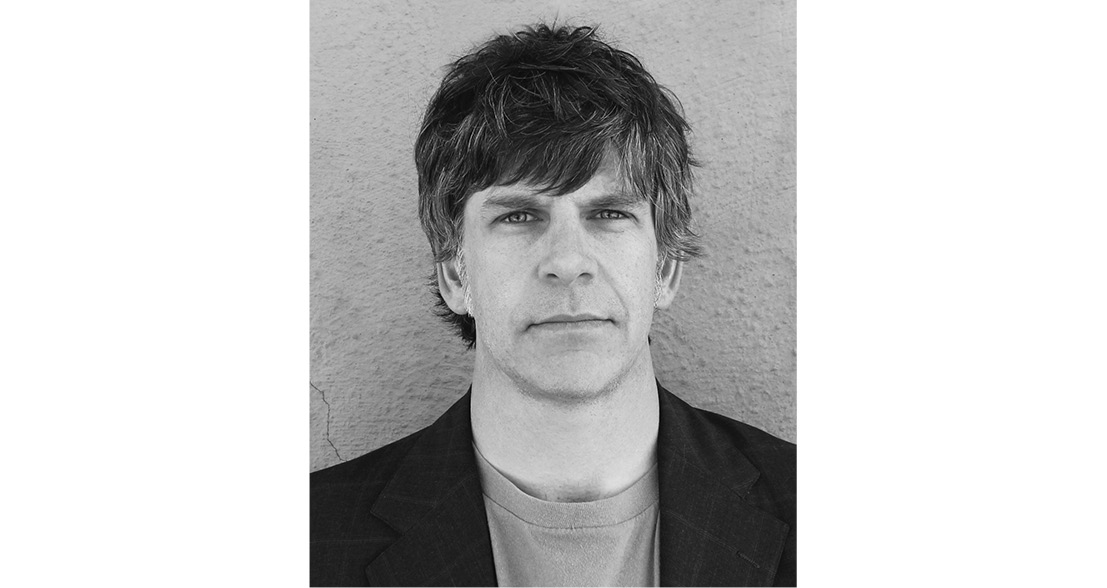Why Are You So Sad?
Read Why Are You So Sad? Online
Authors: Jason Porter


A PLUME BOOK
WHY ARE YOU SO SAD?

©ERIC WHITE
JASON PORTER
was born and raised in southeastern Michigan. He is, or has been, an English teacher, customer support representative, landlord, traveling musician, and the overnight editor for Yahoo! News and the
New York Times
. Currently, he writes fiction.
Why Are You So Sad?
is his first novel.
Praise for Why Are You So Sad?
“
Why Are You So Sad?
is wry, sardonic, very smart, and hilariously critical of the futility and general mediocrity of life in America as we know it.”
â
Patrick McGrath
, author of
Asylum
and
Constance
“
Why Are You So Sad?:
Why are you so funny, so wry, so true, so compelling? Jason Porter's lovely book is perfect and wondrous, a masterfully crafted story of modernity. I ate it whole.”
âJennifer Traig, author of memoirs Devil in the Details: Scenes from an Obsessive Girlhood and Well Enough Alone: A Cultural History of My Hypochondria
“Existential despair has never been so funny.
Why Are You So Sad?
is a great American comedy, perfectly tuned to this ridiculous age. Jason Porter is a Kafka with better jokes.”
âLarry Doyle, author of I Love You, Beth Cooper
“
Why Are You So Sad?
is a precisely calibrated comedy pitched halfway between a laugh and a sob. Beautifully written, philosophically unsound, and funny.”
âSara Levine, author of Treasure Island!!!
“Porter starts with a loaded question and takes aim at our compromises and deferred dreams, at our unquestioned normalcyâand he hits us where we live. But this is Camus crossed with Stanley Elkin, a brilliant book that's as funny as it is wise.”
âJeffrey Rotter, author of The Unknown Knowns

PLUME
Published by the Penguin Group
Penguin Group (USA) LLC
375 Hudson Street
New York, New York 10014

USA | Canada | UK | Ireland | Australia | New Zealand | India | South Africa | China
A Penguin Random House Company
First published by Plume, a member of Penguin Group (USA) LLC, 2014
Copyright © 2014 by Jason Porter
Penguin supports copyright. Copyright fuels creativity, encourages diverse voices, promotes free speech, and creates a vibrant culture. Thank you for buying an authorized edition of this book and for complying with copyright laws by not reproducing, scanning, or distributing any part of it in any form without permission. You are supporting writers and allowing Penguin to continue to publish books for every reader.
 REGISTERED TRADEMARKâMARCA REGISTRADA
REGISTERED TRADEMARKâMARCA REGISTRADA
ISBN
978-0-14-218058-7
ISBN
9781101632055 (eBook)
This is a work of fiction. Names, characters, places, and incidents either are the product of the author's imagination or are used fictitiously, and any resemblance to actual persons, living or dead, businesses, companies, events, or locales is entirely coincidental.
Version_1
For Trucker, Petey, and Shelly
The present generation, wearied by its chimerical efforts, relapses into complete indolence. Its condition is that of a man who has only fallen asleep towards morning: first of all come great dreams, then a feeling of laziness, and finally a witty or clever excuse for remaining in bed.
âS
ÃREN
K
IERKEGAARD

I
was in my bed when the thought came to me: Have we all sunken into a species-wide bout of clinical depression? A severe, but subtle, despondency, germinating in every single one of us. The thought hit me. Smacked me as true. Its flawless pitch rang on and on, adhering to my consciousness like shit on shoe.
I was on my back. My hands making a tent on my sternum. I was stari
ng at the ceiling fan spinning above, its body wobbling gently in reaction to its rotating blades. It was a sort of meditation, focusing on the blades; an attempt to quiet my senses and fall into sleep. As if the thought were not distracting enough, a car alarm went off outside. A squawking robotic bird with Tourette's syndrome. But I pressed on. Still committed to easing my mind, I endeavored to appreciate the beauty of the silence that existed between the beeps and screams of my neighbor's BMW. It was a nearly impossible task, but in those spaces I did find something. I found the calls of the dead. I found the dinosaurs. They said,
It started like this for us too. We were down. Nobody noticed because it was gradual. It snuck in like fog. We were moody and sluggish and complacent, and we were too busy eating things to take notice
.
In time the car alarm relented. I stared with even greater focus at the ceiling fan. I could hear the buzz of the lighting element in the reading lamp. I was aware of every hair on my body. I itched. I knew that at the very least, I was depressed. I wondered if the depression had always been there. It was not unlike listening to the song “American Pie.” You reach a point in the song when you ask yourself, “Have I always been listening to this song?” To answer yes defies rationality, but to answer no discredits your experiential reality.
I reconfigured. I fluffed the pillows. I got fetal. Closing my eyes, focusing inward, I tried to call up something cheerful that might set my thoughts on a hopeful courseâa giggling infant, the toss of a wedding bouquet, a grandfather happy to receive a call from his grandsonâbut all I could think of were third-world viruses that sold newspapers and dissolved brains. I quickly composed a mental catalog of friends, colleagues, former roommates, elderly neighbors, and the anonymous faces who sell me gasoline, deliver my mail, and fill my prescriptions; I uncovered alcoholics, overwhelmed parents, hoarders, diet addicts, news junkies, tabloid gobblers, sexless marriages, teenage diabetics, cell phone dependents, and uninsured back pains resulting from unresolved childhood rage.
I rolled over to get my wife's opinion. She was lost in a gigantic children's novel. Her brown eyes, even bigger behind glasses, were scanning the pages left to right. In her glasses I could see the whole room reflected. I could see the white curtains we bought at a bargain through my employee discount, the matching dressers purchased through the same discount, and a fern that wasn't thriving. I took turns looking at her through one eye while the other was closed, toggling back and forth. From both perspectives she didn't seem to notice I was staring at her.
I said, “Brenda, is it me or is every single person we know depressed?”
She let out a dramatic sigh and slowly closed her book. She didn't want to leave the story. As she turned to look at me she spilled a little bourbon. It's a habit of hers. It dribbled down her chin and onto her nightgown. She kissed me on the forehead like she was putting a stamp on a letter, and said, “You are.” And then as she turned off her light and shifted onto her side, facing away from me, she said, “I'm not.”
She wasn't one to dress things up. I let what she said settle, but it did nothing to calm my anxieties. I inched over and held her. She didn't feel dead. Nor did she feel awake. I then reached past her, taking the bourbon from her nightstand, almost knocking over her alarm clock. Like a baby bird being fed by its mother, I held the glass over my mouth for every last drop, enjoying the harsh warmth in my throat and chest.
The bourbon made no difference. I stared at the ceiling fan for hours.
Â
Are you single?
No, I am married to Brenda Champs, formerly Brenda Brynschzchvsksy. She took my name, Champs, not out of some nod to tradition, but because she hated having a name nobody could ever pronounce, including her new husband, me. It certainly wasn't for the children, because we don't have any.